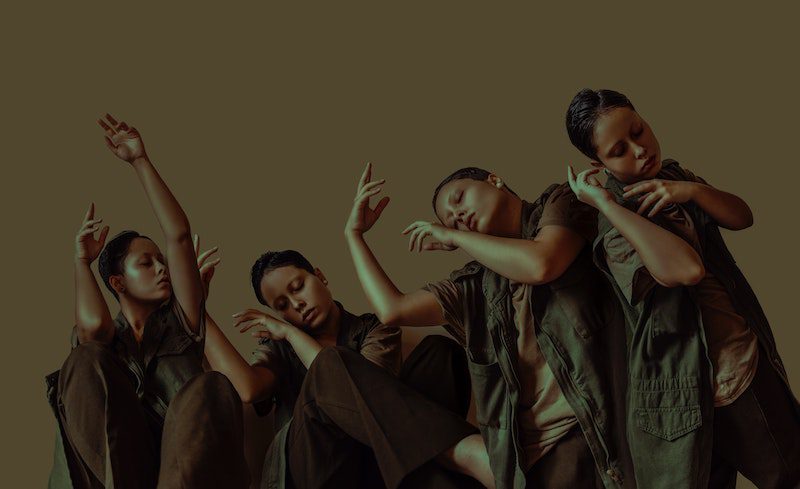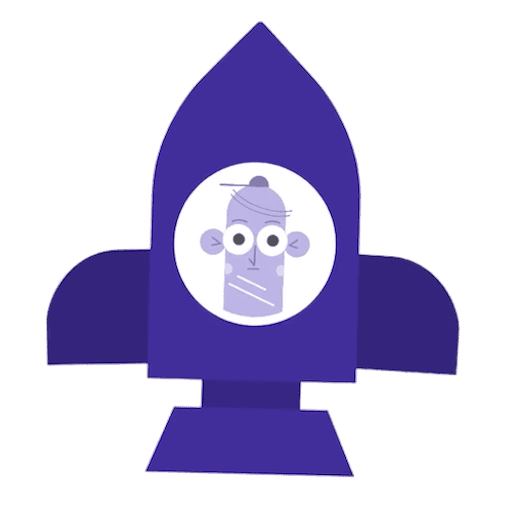Dance movement psychotherapists use movement and dance within a therapeutic environment to help individuals of all ages who are experiencing physical, psychological, emotional or mental problems. Dance movement psychotherapy recognizes body movement as an implicit and expressive instrument of communication and interaction.
What does a dance movement psychotherapist do?
Dance movement psychotherapists work with adults and children who are affected by issues such as depression, anxiety, learning difficulties, dementia or autism. They also work with clients with physical, psychiatric, or neurological disorders, or behavioural or emotional problems.
They lead sessions with individuals, groups and/or families where dance, physical movement and communication are used to observe and explore behaviour, attitudes and emotions (some of which may be unconscious, or repressed).
Typical responsibilities of the job include:
- assessing clients’ needs
- planning and providing appropriate treatment
- actively participating in therapy sessions and encouraging clients to do the same
- helping clients understand and address inner conflicts through role play, interaction and self-realisation
- exploring a variety of dance/movement styles and music resources
- writing reports
- maintaining confidential records and case notes
- reporting progress to colleagues, families/carers, relevant agencies or professional staff
Typical employers of dance movement psychotherapists:
Employers of dance movement psychotherapists include social services departments, hospitals, day/community care centers, residential homes, young offenders units, special schools, prisons, voluntary organizations and charities. They also commonly work as private practitioners or on a freelance/self-employed basis.
Key skills for dance movement psychotherapists:
Candidates must be mature in attitude, resilient and imaginative by nature and should have excellent interpersonal and communication skills. Other important attributes are:
- self-awareness and capacity for reflection
- commitment to self-development
- ability to analyse and evaluate
- empathy, awareness of the needs of others and a sensitive approach
- motivation
Recommended IBDP subjects needed to apply to university to study dance:
No specific IBDP subject requirements.


